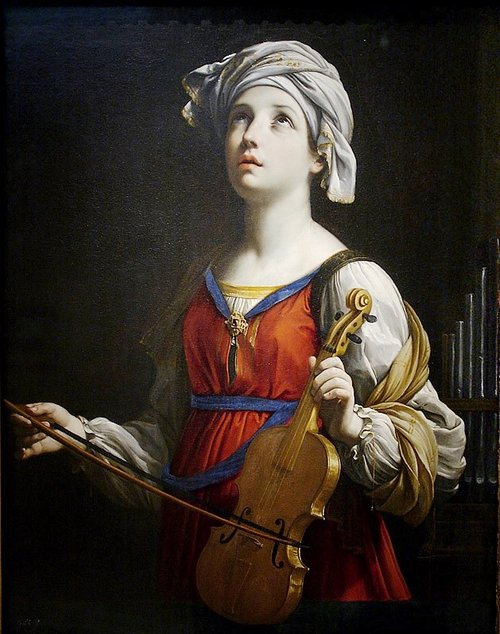
Mary Mann on Reading Horoscopes in Butler’s Lives of Saints
When Alban Butler sat down to write the lives of the saints in the 1720s, he probably wasn’t thinking anyone would ever want to read them in lieu of horoscopes. Butler himself had no need for predictions—he had determined his future when he embarked on a thirty-year mission to write biographies for all the church’s saints and organize them by their appointed feast days.
But I like to think that, even though an astrological reading of the saints may have befuddled Butler, he wouldn’t have been offended. He lived in a world where the astrological leanings of the early church were still in play. Clergymen consulted astrologers, star signs were engraved on churches, and there was a belief that—in the words of 18th century diplomat Boris Kurakin—“Stars rule over the people, but God rules over the stars.”
This wouldn’t last long: as Butler wrote, a growing group of churchgoers argued to ax astrology from the church, along with other common mystical beliefs. Removing the magic must have seemed like the only way to bring Christianity into the future, shaking it of its previous associations, some fanciful and fun—walking on water, parting the seas, making a world in a day—and some downright awful: witch trials were still fresh in everyone’s minds. As Thomas Paine wrote in his 18th century bestseller The Age of Reason: “It is from the Bible that man has learned cruelty, rapine, and murder; for the belief of a cruel God makes a cruel man.”
Meanwhile, Butler was preserving the less awful magical aspects of the church in the stories of saints: their miracles, mishaps and martyrdoms. He was obsessed and read about them constantly. “When he was alone,” wrote his nephew Charles Butler, “he read; when he was in company, he read; at his meals, he read; in his walks, he read; when he was in a carriage, he read; when he was on horseback, he read; whatever he did, he read.” And no wonder—the saints in Butler’s Lives are a weird and wonderful bunch. As mothers say about their most worrisome children, they “march to the beat of a different drummer.”
Take Saint Bartholomew of Farne, June 24th. He was christened Tostig at birth, but changed his name—odd even by 12th-century standards—in response to jibes from friends. He sought the life of a hermit on England’s Inner Farne Island, but there were more people around than he would have liked, so to protect his solitude he insisted on wearing unwashed rams skins, stiff with sweat and dirt—his motto: “the dirtier the body, the cleaner the soul.” His favorite company was...
You have reached your article limit
Sign up for a digital subscription and continue reading all new issues, plus our entire archives, for just $1.50/month.
Already a subscriber? Sign in




